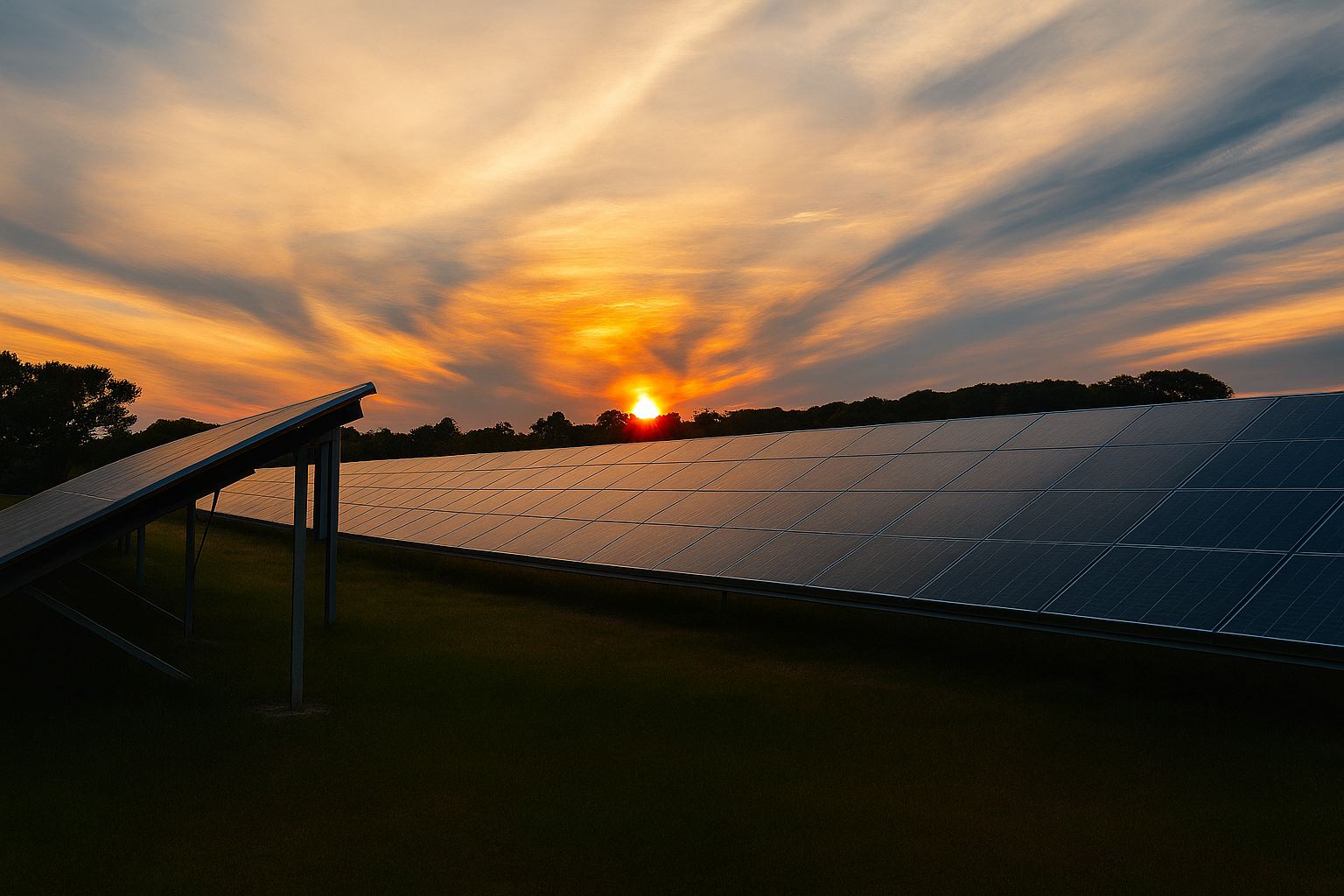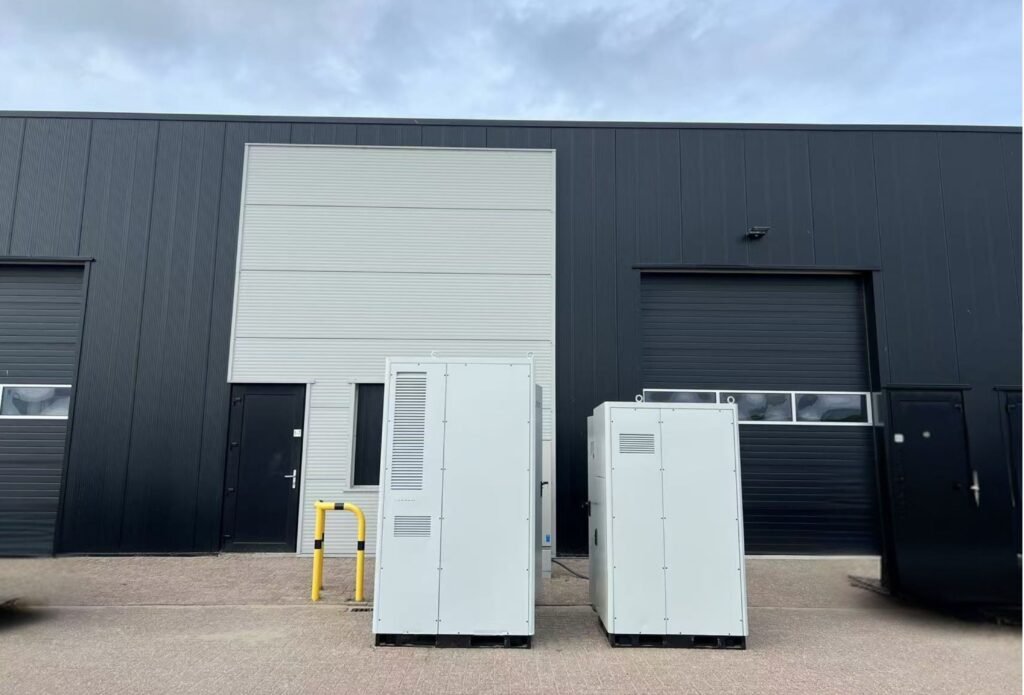
How Solar Panels Contribute to the Future of Energy in Baghdad
Residents of Baghdad face long and frequent power outages, with many reporting electricity cuts that last up to 6 hours daily. As a result, these conditions force people to rely on private generators, an option that comes with high fuel and operating costs, undoubtedly adding a continuous financial burden on households. So, How Solar Panels Contribute to the Future of Energy in Baghdad ?
On the other hand, installing solar panels offers a practical solution to many of the city’s persistent issues, especially in light of recent events. Here are some of the major challenges faced by residents:
Frequent Power Outages
Undeniably, continuous electricity cuts lead to multiple problems, whether at home or in business sectors. Moreover, government-supplied electricity is absent for long hours each day up to 6 hours or more, especially during Baghdad’s scorching summer months.
Dependence on Generators
Alternatively, many households turn to costly diesel generators as a secondary power source. However, this is far from ideal, especially for low-income families, as it places significant pressure on their budgets.
Rising Operating Costs of Generators
In addition, fuel and maintenance costs for diesel generators are continuously rising. This creates an unsustainable financial load for many citizens.

How Do Solar Panels Contribute to Baghdad’s Energy Future?
Conversely, solar panels present a reliable and forward-thinking solution by converting sunlight into steady, independent electricity. Given that Baghdad enjoys sunshine most days of the year, solar energy systems are becoming an increasingly ideal option. Once the initial setup is complete, solar panels operate with virtually zero additional fuel costs
Key Benefits of Installing Solar Panels
1. Energy Stability
Solar panel systems supply continuous electricity even during grid outages. As a result, lights, appliances, and critical devices remain safe and functional.
2. Reduced Operational Costs
Once installed, solar energy dramatically reduces running costs. For instance, homeowners make a one-time payment for panels and batteries, and afterwards, the “fuel” cost drops to near zero, unlike diesel generators.
3. Protection for Appliances
Generating electricity locally safeguards home devices from voltage fluctuations, which helps extend their lifespan and reduce breakdowns.
4. Clean, Renewable Energy
There’s no doubt that solar power contributes to lower environmental pollution, as it produces no harmful emissions during operation. This also helps reduce Iraq’s dependency on imported gas, which currently fuels many of its power plants.
Solar Energy and Sustainability
Relying on solar energy supports sustainability in multiple ways. It eases the load on traditional power stations, cuts down emissions, and promotes energy independence. In fact, Iraqi experts have indicated that expanding solar capacity could significantly reduce the country’s need to import Iranian gas for its power plants.
Lower Emissions
Solar power generates electricity without releasing greenhouse gases. In contrast to diesel generators, it reduces carbon emissions and improves local air quality.
Diversifying Energy Sources
By tapping into the abundant sunshine that blankets Iraq, solar energy reduces reliance on oil and gas, thereby strengthening energy security and mitigating fuel supply crises.
Long-Term Sustainability
Solar panels have a long operational lifespan and require minimal maintenance, offering a durable, long-term solution for future electricity generation.

Government Initiatives and Local Projects
Amid ongoing challenges, the Iraqi government has launched pioneering initiatives to support local solar energy adoption. Among the most notable:
Government Support
The Ministry of Electricity has announced multiple tenders for large-scale solar power stations. Meanwhile, the Central Bank launched a low-interest home financing initiative to help families install solar panels. These programs empower Iraqi households to transition to residential solar systems.
Government Building Transformation
The government approved plans to equip 530 government buildings in Baghdad and other provinces with solar systems. These facilities will function as mini power plants generating their own electricity.
Large-Scale Projects
Contracts have been signed to construct major solar farms, with additional plans for hybrid solar-wind power stations in provinces like Nineveh, Najaf, and Muthanna.
Future Goals
The Ministry’s strategic energy plan aims to add thousands of megawatts of renewable energy capacity, clearly reflecting the government’s commitment to building a solar-powered future.
In light of all the above, it is evident that solar panels represent a strategic and smart choice for securing electricity in a clean and sustainable way in Baghdad. With strong government support and abundant solar radiation, now is the time to make the shift to future-ready energy.
Don’t hesitate to contact the AQWA POWER team today.
